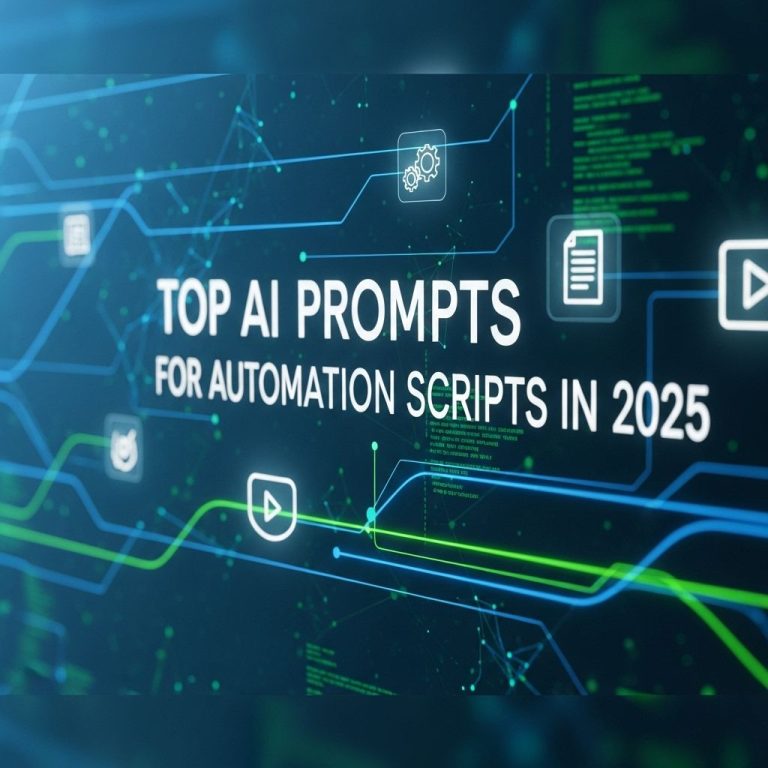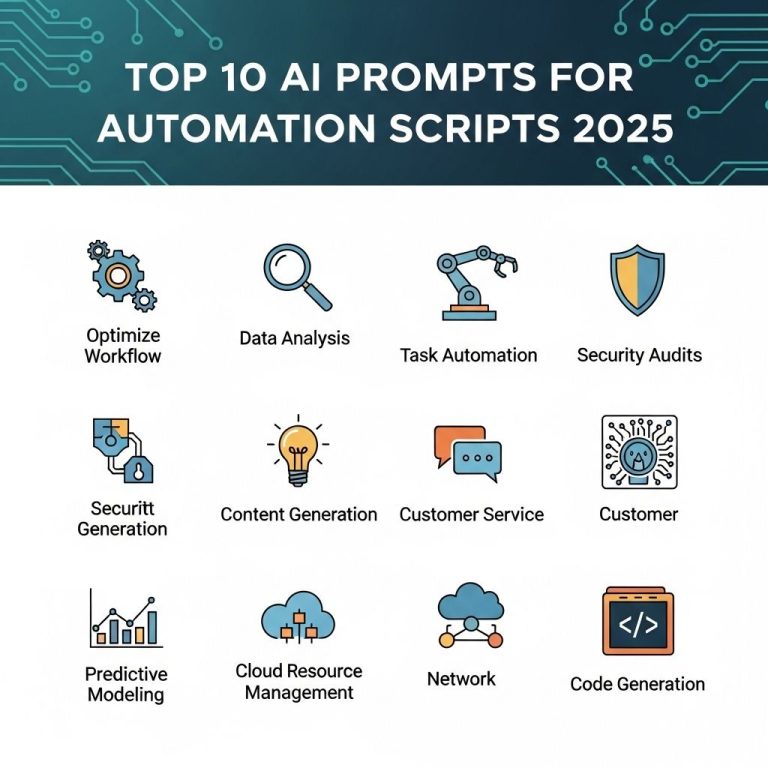As we navigate through the digital age, the way we interact with information is undergoing a profound transformation. Traditional search engines, while powerful, often fall short in understanding the nuanced demands of user queries. Enter context-aware AI—a groundbreaking technology that is set to redefine how we search for and consume information in 2025 and beyond. This article delves into the intricacies of context-aware AI, its implications for search technologies, and how it will empower users to access information more intelligently and intuitively.
Understanding Context-Aware AI
At its core, context-aware AI refers to intelligent systems that utilize contextual information to enhance user interactions. Unlike conventional algorithms that rely solely on keyword matching, context-aware AI incorporates various data points such as:
- User location
- Search history
- Time of day
- Device type
- Current events
This multifaceted approach enables AI systems to deliver personalized content and suggestions tailored to the unique circumstances of each user.
The Mechanisms Behind Context-Aware AI
Data Collection
To function effectively, context-aware AI must collect and analyze vast amounts of data. This data can come from various sources, including:
- User Interactions: Every search query, click, and preference contributes to a user’s profile.
- Behavioral Data: Patterns in user behavior can indicate preferences and predict future actions.
- Environmental Data: Information about the user’s surroundings can dynamically influence search results.
Machine Learning Models
Machine learning (ML) models play a pivotal role in contextual understanding. They are trained on diverse datasets to identify patterns and relationships between different types of contextual data. Popular ML techniques used in this domain include:
| Technique | Description |
|---|---|
| Neural Networks | Deep learning models that mimic the human brain to recognize complex patterns. |
| Natural Language Processing (NLP) | Techniques that enable machines to understand and interpret human language. |
| Reinforcement Learning | Algorithms that learn by receiving feedback from user interactions. |
Real-World Applications
The advantages of context-aware AI are becoming evident across various sectors. Here are some key applications:
Search Engines
Context-aware AI enables search engines to deliver results that are more relevant and timely. For instance:
- **Local Searches:** Providing users with nearby restaurant options based on their current location.
- **Voice Searches:** Understanding the intent behind voice queries which often differ from typed searches.
- **Dynamic Content:** Adapting search results to reflect current events or trending topics.
E-commerce
Online retailers leverage context-aware AI to enhance the shopping experience:
- Personalized Recommendations: Suggesting products based on a user’s previous purchases and browsing history.
- Dynamic Pricing: Adjusting prices based on demand, user location, and competitor pricing.
Digital Assistants
Virtual assistants like Siri, Alexa, and Google Assistant are increasingly using context-aware AI to improve user interactions:
- **Task Management:** Understanding the urgency of tasks based on user behavior and deadlines.
- **Contextual Reminders:** Sending reminders based on location or time-related triggers.
Challenges and Considerations
While context-aware AI holds immense promise, it also presents unique challenges that must be addressed:
Privacy Concerns
With the collection of personal data comes the responsibility to safeguard user privacy. Key considerations include:
- **Data Security:** Ensuring that collected data is stored securely and protected against breaches.
- **User Consent:** Transparently obtaining user permission for data collection and use.
Bias and Fairness
AI systems can inadvertently perpetuate biases present in training data. Efforts must be made to:
- Identify Bias: Regularly audit algorithms to detect and mitigate bias.
- Ensure Inclusivity: Train models on diverse datasets to represent all user demographics fairly.
The Future of Context-Aware AI
Looking ahead, the evolution of context-aware AI promises to revolutionize the landscape of information retrieval and user interaction. Some anticipated trends include:
Integration with Augmented Reality (AR)
As AR technology becomes more prevalent, context-aware AI will likely enhance user experiences by providing relevant information superimposed on the real world. Imagine pointing your device at a landmark and receiving instant historical data or user reviews.
Increased Personalization
The demand for personalized content will drive advancements in context-aware AI, enabling even finer granularity in user profiling and content delivery:
- **Emotion Recognition:** Utilizing sentiment analysis to gauge user emotions and tailor responses.
- **Predictive Analytics:** Anticipating user needs based on contextual cues and historical data.
Seamless Multimodal Interactions
The integration of voice, touch, and visual inputs will allow users to engage with AI systems in more natural ways. Context-aware AI will facilitate:
- Interactive Conversations: Enhancing dialogue with contextually relevant follow-up questions.
- Adaptive Interfaces: Modifying UI elements based on user preferences and behavior.
Conclusion
As we approach 2025, context-aware AI stands at the forefront of transforming search and user interaction paradigms. By understanding and leveraging contextual information, this technology not only enhances the relevance of search results but also reshapes the very fabric of how we engage with information. Embracing the opportunities and addressing the challenges will be integral in ushering in this new era of intelligent search.
FAQ
What is context-aware AI?
Context-aware AI refers to artificial intelligence systems that can understand and utilize the context of information to improve decision-making and user interactions.
How will context-aware AI revolutionize search in 2025?
In 2025, context-aware AI is expected to enhance search engines by providing more personalized and relevant results based on user behavior, preferences, and the specific context of queries.
What are the benefits of using context-aware AI in search engines?
The benefits include improved accuracy of search results, increased user satisfaction, reduced information overload, and the ability to anticipate user needs.
What technologies are driving context-aware AI for search?
Technologies such as natural language processing, machine learning, and big data analytics are key drivers of context-aware AI, enabling systems to better understand user intent and context.
How can businesses leverage context-aware AI for their websites?
Businesses can integrate context-aware AI into their websites to provide personalized content, enhance user experience, and optimize their search functionality to meet the needs of their audience.
What challenges does context-aware AI face in search applications?
Challenges include data privacy concerns, the complexity of accurately interpreting context, and the need for continuous learning to adapt to changing user behaviors.




